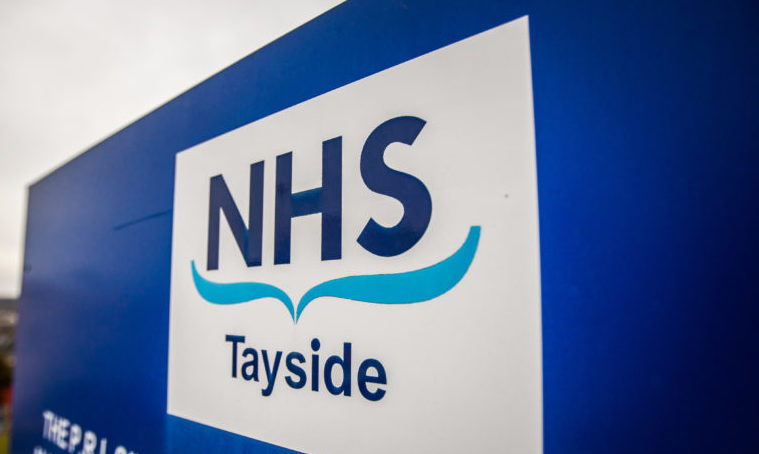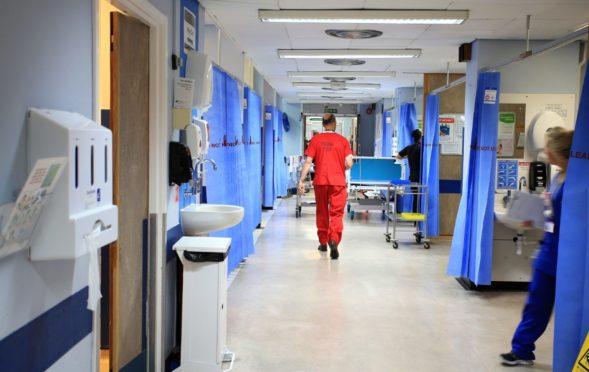Racist incidents in NHS Grampian could be more common than officials are aware of despite the steps being taken to tackle the “corrosive” problem.
Equalities and diversity manager Nigel Firth said it is possible incidents are “under reported” because clinicians may deal with abuse from patients informally without recording them officially.
Mr Firth told MSPs that comprehensive policies and training had been introduced at the health board to combat racism, pointing out that 50% of staff were from an ethnic community.
Appearing in front of Holyrood’s Equalities Committee, Mr Firth was joined by other health board representatives including Christopher Smith, deputy director of workforce at NHS Tayside.
Are incidents under reported? I think they are. There are situations where patients perhaps make a racist comment to a clinician. The clinician deals with that. But then doesn’t report it.”
Nigel Firth of NHS Grampian
The health board managers were asked by SNP MSP Fulton MacGregor if they accepted that there was “institutional racism” in their organisation.
Mr Smith said people had to be “constantly on our guard” and be proactive when it came to any issues that emerged. He said NHS Tayside had established a Black and Minority Ethnic Network to give staff a distinctive voice.
Mr Firth said he did not recognise the term institutional racism in terms of NHS Grampian. His health board, he said, was “very thorough” when it came to the application of fairness and equality.
Racism is an exceptionally corrosive and destructive force… obviously we are very, very anxious to address any issues.”
Nigel Firth
Face-to-face training had been carried out with 2,500 of its members of staff in the last financial year and a core element was equality and diversity.
He added: “We are as good as our weakest link. We have to have layer after layer of people who know what is acceptable and what is not. That is the intention of the training because 50% of our workforce is a member of an ethnic community. Racism is an exceptionally corrosive and destructive force… obviously we are very, very anxious to address any issues. We do address issues.”
Mr Firth went on the suggest that officially reported incidents did not provide the full picture.
“Are incidents under reported? I think they are,” he said. “There are situations where patients perhaps make a racist comment to a clinician. The clinician deals with that. But then doesn’t report it. So I think it is an issue in terms of – not the formal monitoring – but in terms of some of the day-to-day interactions and that’s an area where we are putting in a lot of work at the moment.”
The impact of Covid-19
With some evidence suggesting Covid-19 may have a disproportionate impact on Bame (Black, Asian and Minority Ethnic) communities, Mr Smith said action had been taken to reflect this.

That included moving Bame staff from so-called NHS “red zones”, where transmission risk is higher, to safer areas, provided they were happy to do so.
Emotional and mental health support through occupational health and counselling was also on offer in NHS Tayside, while Mr Firth said psychological support was available in NHS Grampian, where a network had been established with Aberdeen University to help members of staff.
